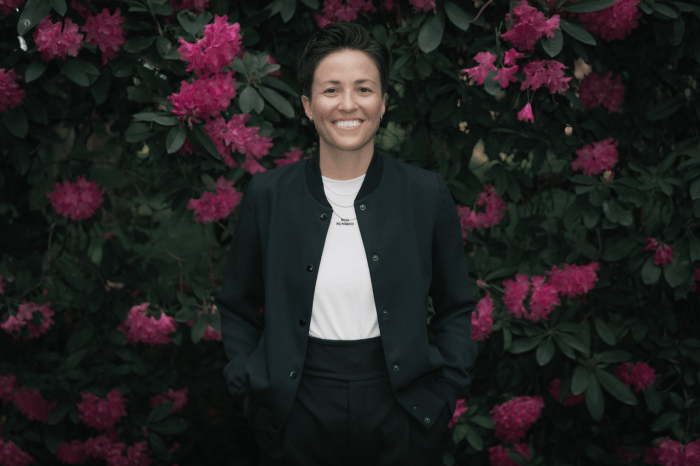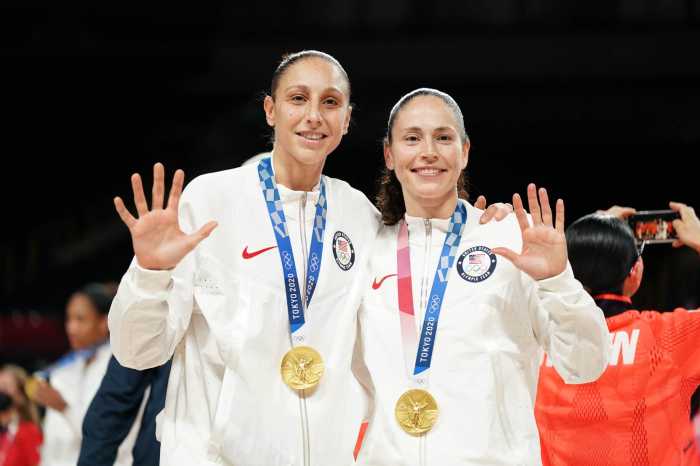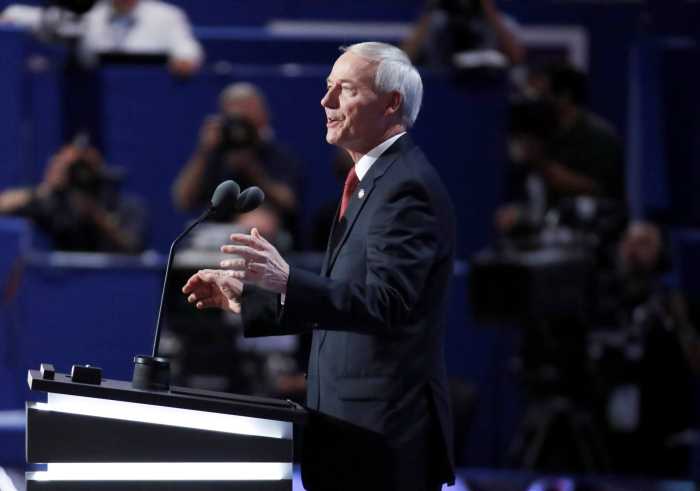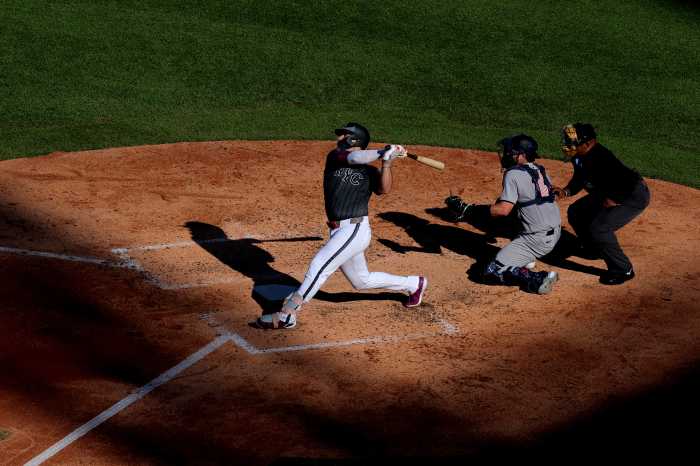There are nearly 100 out athletes participating in the 2023 FIFA Women’s World Cup, according to Outsports, representing the largest share yet of out participants in the tournament.
Almost 13% of the competing athletes, or about 94, are competing in this year’s World Cup, including some major stars for different teams. This is more than double the size of out LGBTQ athletes from the 2019 Women’s World Cup. Aside from the athletes themselves, two head coaches have also come out publicly: Pia Sundhage of Brazil and Bev Priestman of Canada.
Most of the out athletes come from the Americas, western Europe, Australia, and New Zealand, which coincides with the progressive laws and social attitudes towards LGBTQ people in these regions, though there are out athletes from other countries, as well, such as forward Thembi Kgatlana and Kaylin Swart of South Africa. Notably, Quinn — who plays for Canada — is also making history as an out non-binary athlete.
Australia hosts the most publicly out athletes on their team, with 10 members identifying as LGBTQ. Brazil and Ireland follow at a close second with nine, and Sweden is just behind with eight.
Notable names include New Zealand’s Ria Percival, the Philippines’ Tahnai Annis, Brazil’s Marta, and America’s Megan Rapinoe, who will be retiring after this World Cup.
The iconic Laurina Oliveros of Argentina was also on the original roster, but she was ruled out due to a previous injury.
Other teams with out athletes include Colombia, Costa Rica, Denmark, England, France, Germany, Italy, the Netherlands, Norway, Portugal, Spain, and Switzerland.
International sporting events have seen growing numbers of LGBTQ athletes in recent years. There were at least 35 out athletes in the 2022 Olympic Games in Beijing last year, which was more than twice as many out athletes in the 2018 Winter Olympics. There were also 11 out male athletes in the 2022 Winter Olympics, which rose from four in 2018. The LGBTQ representation was even more impressive in the most recent Summer Olympics in Tokyo, where at least 186 out athletes competed.
See the complete list of athletes at Outsports.com.
The World Cup started July 20 and continues until August 20.


































